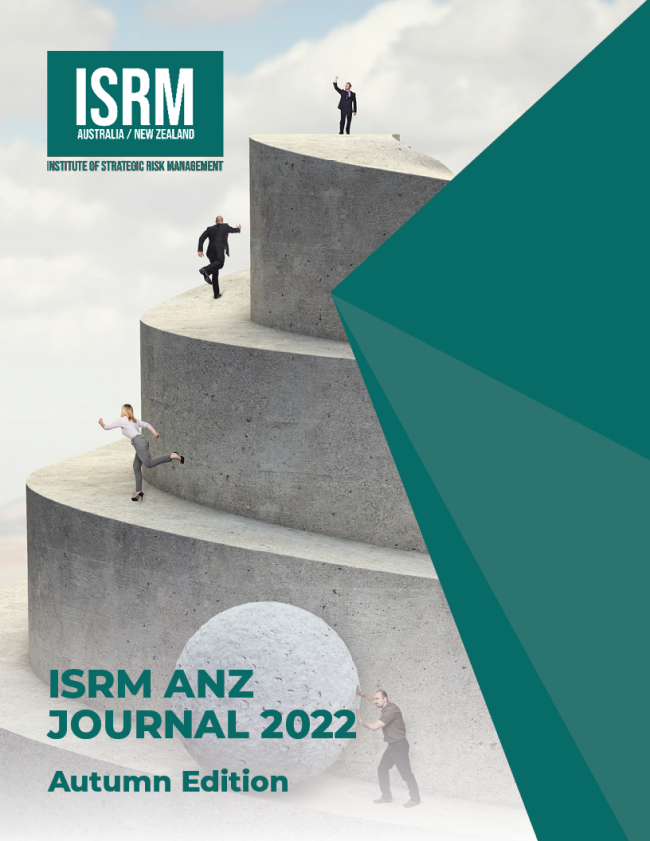When considering the value of the concept of a Failure Resilient Organisation within the context of an environment that is subject to increasing Volatility, Uncertainty, Complexity and Ambiguity (VUCA), to understand the importance of the application of Risk intelligence is crucial to success.
To do this, we first need to consider what is a Failure Resilient Organisation, and secondly, how is Risk Intelligence applied in this context.
What is a Failure Resilient Organisation?
The question of what a Failure Resilient Organisations does not have a simple answer. It is not, as some might suggest, just a matter of putting in measure to toughen it up.
This is because the definition of what constitutes a failure, and what does it mean to be resilient to that failure, is a matter for interpretation by each organisation individually. This makes the identification and evaluation for each organisation a complex situation.
A ‘failure’, to compare against the dictionary definition “the lack of success” (Dictionary.com, 2021), is difficult to define within the context of an organisation as what is ‘successful’ is in itself a subjective scale, depending on strategic priorities. The reality is that things not occurring as expected is a common everyday occurrence, and organisations regularly adapt and change course in response. This in itself does not constitute a failure, but it can be seen as part of its ability to resist failure.
What can be identified is the elements of how an organisation can determine what it needs to know when making the decision of what is a failure in their terms, against what it sees as a success, and what that failure means to the organisation it terms of harm.
The concept of a Failure Resilient Organisation is one that has been gathering strength within a world that is facing increasing levels of Volatility, Uncertainty, Complexity and Ambiguity (VUCA).
While there are many ways to identify, and then go on to assess and contextualise this process, the one that provides an association with the application of Risk Intelligence (a connection that will be made later in the essay) is that of the High Reliability Organisation, as defined in the book by Weick and Sutcliffe ‘Managing the Unexpected’ (Weick & Sutcliffe, 2015). In this book, the authors noted that organisations that sought information from a collaborative approach that sought out a wider perspective on complex decisions were better able to make sense of their situation, and were more likely to have positive outcomes.
Sense-Making, as a concept, was first expressed by Katz and Kahn in their research on ‘The social Psychology of Organisations’ (Katz & Kahn, 1978), which introduced the concept of using the undertakings and beliefs of the groups within an entity to understand the reasons behind their creation. It is the properties of Sense-Making that provide the input that creates the foundation of an organisation that is mindful of its environment, and was able to adapt to changes as they were occurring. Weick and Sutcliffe (2015) felt that this mindfulness was the essential part of a High Reliability Organisation.
To continue reading, download your copy today.
Complete your details below to download a copy of the journal


